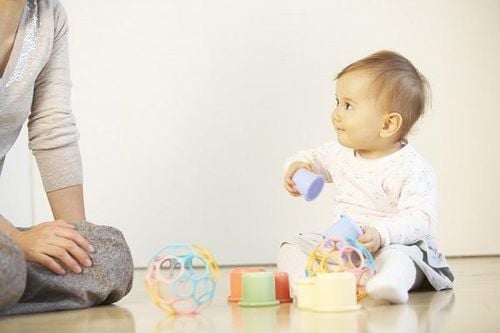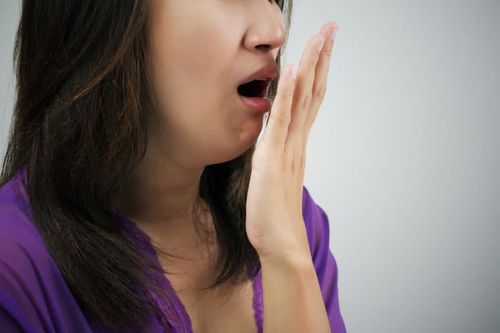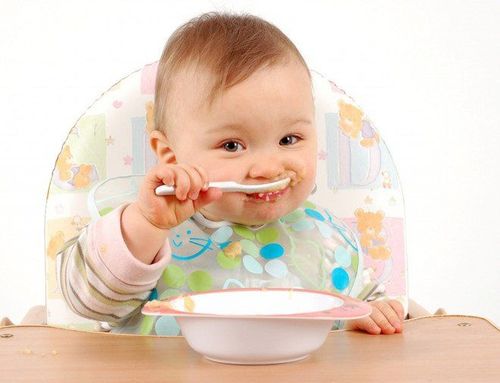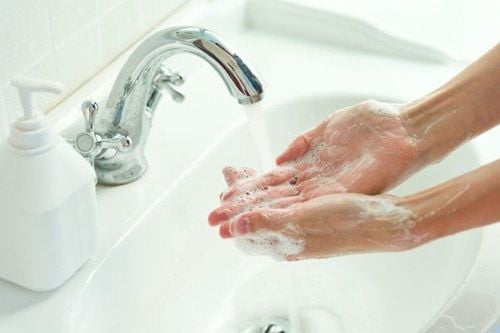This is an automatically translated article.
Each of us is not born naturally, but naturally forms personal hygiene habits. It takes a lot of time to get into a habit. So, let's analyze personal hygiene and health effects?
1. Personal hygiene concept
Personal hygiene is an act of body care that everyone needs to do. This can be done in the bathroom, bedroom.... Because every day we are exposed to many sources of bacteria from the outside environment, we need to pay attention to careful personal hygiene. Thanks to that action, you and your loved ones will avoid the risk of reduced resistance and less disease.
When you clean your body, you will feel more confident and energetic than before. However, not everyone has the sense of self-cleaning. Therefore, we need more compelling reasons to promote building and creating good hygiene habits from the youngest age.
2. Essential types of personal hygiene for everyone
How each person's personal hygiene is different, even though they work towards the same goal. Here is a list of essential personal hygiene activities you need to ensure:
Cleaning the toilet The toilet is where we clean our bodies and release a lot of dirt. Therefore, after cleaning your body, you should spend a little time to clean the toilet area. This will prevent mold bacteria from growing and easily clean the body for the next time. Since you have discharged many disease-causing bacteria, you should pay attention to hygiene and disinfect your hands with alcohol 70 - 90 degree for sterilization.
Cleaning the cleaning tools in the rooms We all want to be very clean every day, so bacteria all over the body have adhered to cleaning tools such as faucets, walls, floors.... Therefore you should periodically clean the cleaning equipment 1-2 times a week to ensure the lowest level of virus and bacteria penetration
Nail cleaning Our hands have to work and touch many tool surfaces different, so there will be transmission for the bacteria to grow. This is even more important if you have a habit of biting your nails. Disease-causing bacteria will easily follow through the body and disrupt the immune system. Clean hands, do not let long nails and give up the habit of nail biting is what you need to do.
Oral hygiene Proper regular oral hygiene not only helps you have a set of healthy white teeth. Oral health plays an important role in receiving nutrients from the body. When you have healthy teeth without inflammation, no decay, it will be good for the quality of chewing.
For each cleaning, you should make sure to brush your teeth twice a day and for 2 minutes. The best time for you is before going to bed and after waking up early in the morning. You can also use it with an antibacterial mouthwash and floss to help remove food particles or plaque from forming tartar.
Hygiene when sick When your body is weak, bacteria will increase the ability to invade, leading to increasingly weakened immune system health. To avoid disease-causing bacteria from spreading to the people around you, you need to clean and disinfect your body and personal items. If you have a fever due to the flu, wear a mask to prevent bacteria from the air from being transmitted to the other person.
Hand hygiene Hands are the body part that carries the most bacteria that cause digestive diseases. Therefore, you need to wash your hands in the following cases:
Before eating and washing dishes thoroughly with your hands After taking out the garbage to avoid residue on your hands Cover your mouth and sneeze Anytime after you play with animals' After changing the baby's diaper Before cleaning and treating the wound MORE: Hand washing instructions with soap
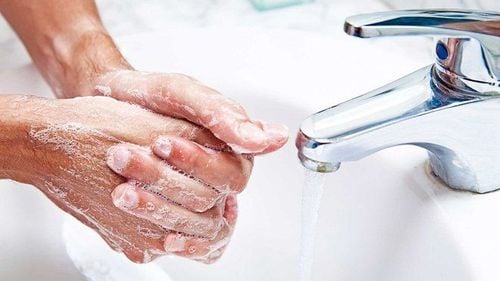
Cần vệ sinh tay thường xuyên vì đây là bộ phận mang nhiều vi khuẩn gây bệnh tiêu hóa nhất
3. List of personal hygiene activities for young children
You don't want to see your child sick with a bacterial infection. Therefore, create a habit of cleaning them from an early age. Starting early, children will have time to form awareness and personal hygiene habits after adulthood. Here are some personal hygiene activities for children that parents should pay attention to:
Brushing Teeth You can teach your child how to hold a toothbrush and scrub their teeth when they are 18 - 20 months old. At this time, your child only knows how to imitate and inadvertently doing that will form a habit when he grows up. Usually, when children are 3 years old, they are taught to be able to independently maintain personal hygiene without too much support from their parents.
However, children will not be aware of what personal hygiene is and how clean it is. So even if your baby can be independent, you should still pay attention to him. You can let your child listen to a piece of music so they get used to doing it when the song ends. This will bring good benefits when the baby reaches 7 years old. At this point, I have realized and understood more.
Bathing Normally, children will be bathed by their parents until the age of 5 and teach them personal hygiene so that they can do it themselves. However, when children do it themselves, you need to supervise the time the baby cleans enough to ensure cleanliness. Some of the following parts:
Armpits Shoulders Neck Back Arms Legs Abdominal Chest Genital organs You can also gradually teach your child the habit of washing their own hair so that they get used to the shampoo and don't get them in their eyes.
Wash your hands With babies, you can wipe them with warm water before eating to avoid them holding or touching something unclean before. Washing your hands in 5 steps according to medical standards is something you should teach your children. You can let your baby listen to a song for about 20 seconds to make them aware of the time to clean.
You also need to observe and ask your child to wash their hands after playing with toys or playing with animals. This will protect your baby from viruses and bacteria.
Cleaning nails Most children have a habit of holding their hands to reassure them, so you need to clean your nails and cut them periodically when they are too long. You can teach your child to soak their hands in water in the bath so that softening first will make it easier to cut later. When your child is 7 years old, you can let him do it on his own without being too close.
4. Bad effects when not regular personal hygiene
Personal hygiene habits are directly related to our health and risk of disease. However, creating improper personal hygiene habits will also create body odor or oily skin. Not washing your hands increases your risk of hand-foot-and-mouth disease, and not brushing your teeth will deteriorate your oral health. Moreover, you can catch a stomach virus or pink eye if you don't create a personal hygiene habit soon.
When personal hygiene practices are not effective, you also increase your risk of heart disease. At the same time, at work, you are easily self-deprecating when communicating. On the contrary, when you have the right personal hygiene habits, you will prevent some problems such as
Scabies Lice Diarrhea Pinworm Rash
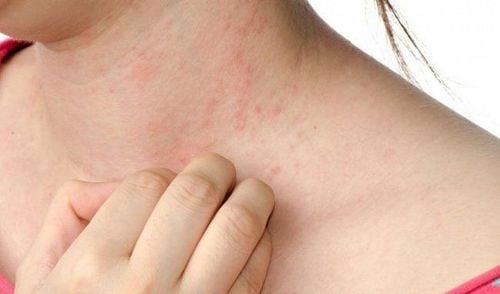
Nếu không vệ sinh thường xuyên có thể dẫn đến phát ban, ghẻ lở
5. Measures to build and create personal hygiene habits
If you can't remember what to do and often forget personal hygiene, you can take some measures such as:
Set a reminder on your phone Create a schedule on your phone when you can't remember everything all the things I need to do. When that prompt sounds you will take personal hygiene action. With so many repetitions, you will get into the habit of repeating an action at a fixed time during the day.
Paste stickers to remind yourself Stickers or symbols will stimulate the brain. You can combine pictures and text to create something new in places you often use for personal hygiene. With the logical thinking ability of the right brain, these symbols will be stored to create a habit for you
Practice cleaning activities more When you first start you may not know how to do cleaning work birth properly. So you need to do it regularly to adjust accordingly.
Creating a personal hygiene habit takes a long time and process. Although taking care of yourself is an instinct for everyone to do it effectively, you need to learn and experiment. Teach your kids what personal hygiene habits are for them to maintain and practice throughout their lives.
Please dial HOTLINE for more information or register for an appointment HERE. Download MyVinmec app to make appointments faster and to manage your bookings easily.
Reference source: healthline.com




